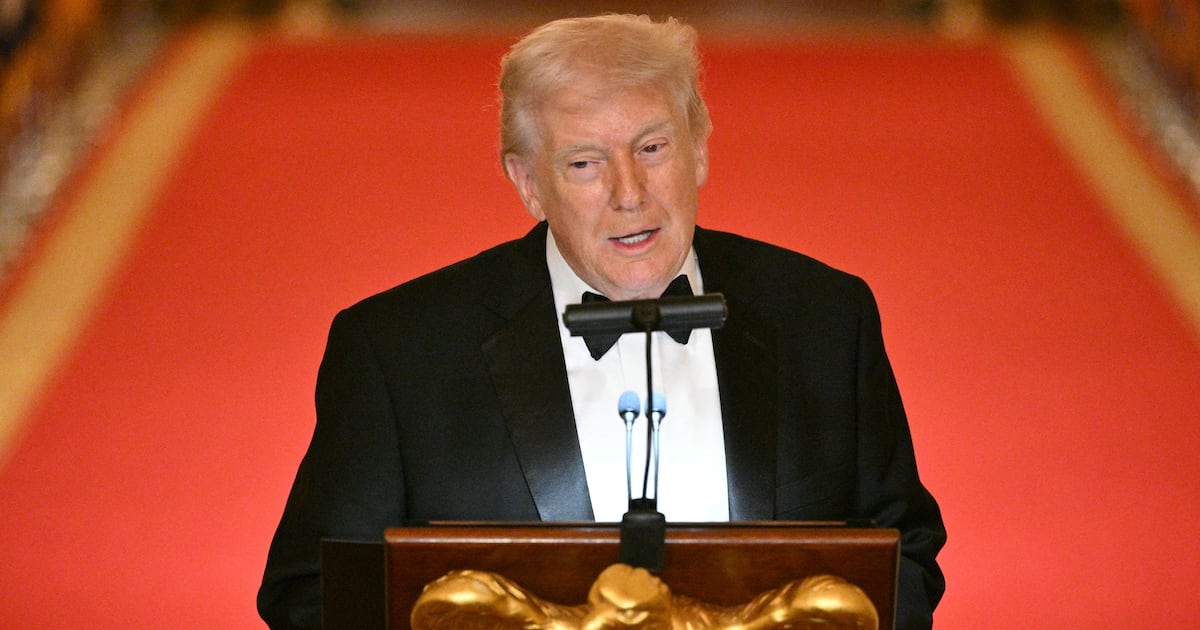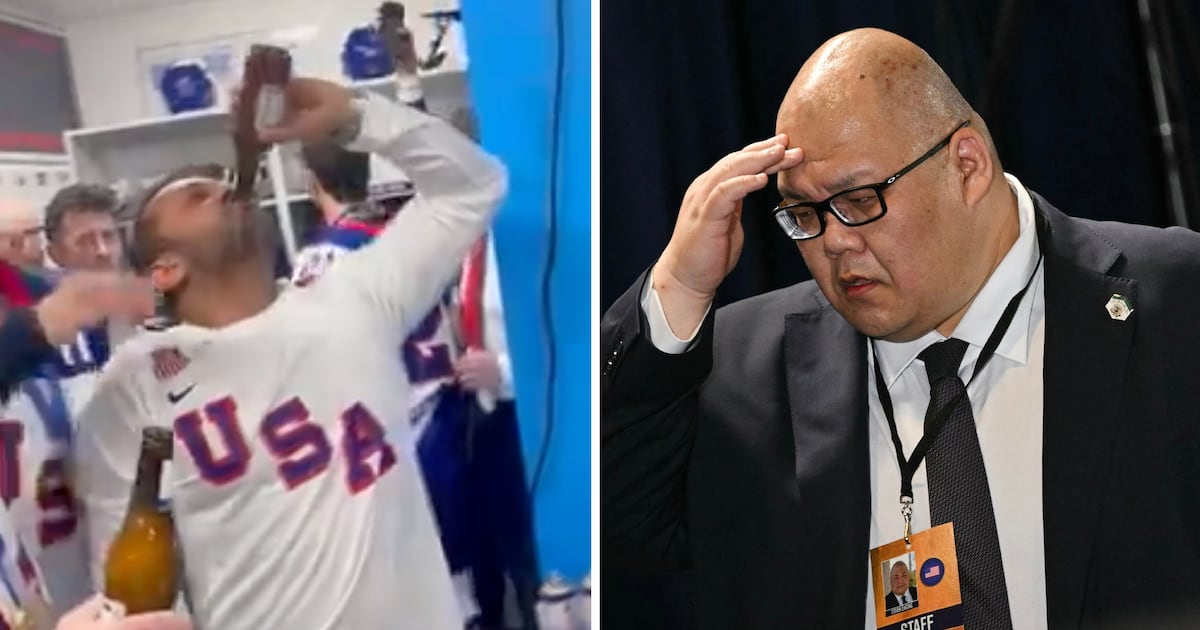While Congress remains stymied by Republican opposition to any gun regulations, there are four reasons to think that the court system, and the Supreme Court in particular, may be evolving: Orlando, changes in the Court, and two recent court cases.
Remember that the NRA’s understanding of the Second Amendment is an extremely recent phenomenon. For more than 200 years, the legal and scholarly consensus was that, in the absence of a standing army, the Second Amendment was designed to enable states and localities to maintain a “well-regulated militia” by placing muskets and other weapons in the hands of local citizens.
Then came three decades of conservative political activism, focused on law schools, the National Rifle Association, and conservative think tanks. This effort culminated (but by no means concluded) with the 2008 case of D.C. v. Heller, which the Supreme Court found, for the first time, an individual right to gun ownership in the Second Amendment.
This view is now the dogma of tens of millions of Americans, propped up by an entire industry of selective histories and scholarship that can usually be traced back to the handful of philanthropists who paid for it. Indeed, the preamble of the Second Amendment has been written out of the Constitution to the point where the NRA’s national headquarters has a frieze engraved on a wall bearing only the second clause of the amendment, “the right of the people to bear arms shall not be infringed.”
Despite the fervency with which some hold that belief, however, it is very shaky as a judicial matter—and recent signs suggest it may collapse entirely. First, of course, is the Orlando massacre, the latest mass shooting to horrify America. While the Right has, of course, blamed the shooting solely on Islamic terrorism, it seems clear to most people that it was due to a combination of terrorism, homophobia, the personality of the shooter, and access to guns. Without the AR-15-style rifle, the shooter would likely not have killed 49 people.
The Orlando massacre doesn’t have any formal judicial meaning. But Supreme Court justices are also human beings, and it’s hard to see it not impacting how they view the relationship between 21st century assault weapons and 18th century muskets.
Second, there is the shift in the Court’s own membership. The Heller opinion was written by the late Justice Antonin Scalia for a 5-4 majority. That majority is now gone.
Interestingly, we know next to nothing about how a Justice Merrick Garland might vote on gun control. Contrary to the insinuations of Bill O’Reilly and other conservative talking heads, Judge Garland did not vote to uphold the District of Columbia’s gun law that was ultimately overturned in Heller; he only voted for the entire appeals court to hear the case, rather than just a three-judge panel. (One of the appeals court’s most conservative members voted the same way—but they were outvoted.) We have no clue of his view of the Second Amendment, and his more moderate outlook in general means that anything is possible.
Still, Garland is no Scalia—and if he isn’t confirmed, whoever President Hillary Clinton nominates is likely not to be a Garland-style moderate either. So the pendulum may swing back on gun rights simply as a function of the Court’s membership.
Two lesser-known developments, though, may be even more telling.
The first of these is that the Supreme Court decided not to hear an appeal brought by a challenger to a state’s assault weapons ban, upholding the gun-control law. This may mean many things: maybe a majority of justices think the appeals court got it right, or maybe they don’t see enough of a conflict among the circuit courts, or maybe they think this case isn’t the best test case to take, or maybe the short-handed court is limiting its workload, or who knows—it could be anything.
But at the very least, it means the Court does not see the ban as a horrifyingly unconstitutional travesty that requires immediate judicial remedy. Contrast that with two of the cases still outstanding this year: Texas’s challenge to the Obama administration’s immigration policies, and Texas’s defense of its abortion clinic regulations. The Court not only took these two cases but issued (or upheld) injunctions on the enforcement of the challenged rules.
Not so in the assault weapons ban case.
Finally, there’s a case from the Ninth Circuit Court of Appeals, decided earlier this month, that provides some of the best intellectual rationale for limiting, if not overruling, Heller.
That case, Peruta v. City of San Diego, dealt with California’s strict requirements to obtain a “concealed carry” permit. (They are only available to limited groups of people, such as guards, messengers, hunters, or target shooters.) Do those requirements violate the Second Amendment? The Ninth Circuit, by a vote of 8 to 3, said no.
Writing for the court, Judge William Fletcher wrote an extensively researched originalist opinion worthy of Justice Scalia himself. Expressly avoiding the question of whether the Second Amendment gives citizens a right to carry weapons openly in public (a question left open by Heller as well), Judge Fletcher’s opinion focused on whether there is a Second Amendment right to carry concealed weapons.
To answer the question, he turned Scalia’s logic against him. The Heller opinion refuted the plain meaning of the constitutional text on the grounds that it codified a “pre-existing right” to bear arms for self-defense, not just for use in a militia. (That the opinion was by a self-proclaimed strict constructionist was an irony not lost on liberal commentators.) Thus the question became whether there was a “pre-existing right” (in America or pre-colonial England) to carry a concealed weapon in public.
And the answer was obvious: not in the least. On the contrary, English common law, colonial regulations, and state statutes dating back as far as the year 1299 prohibited carrying a concealed weapon. (That 1299 regulation provided that sheriffs prohibit anyone from “going armed within the realm without the king’s license.”) The masterful opinion cited English laws and opinions from 1299, 1304, 1308, 1328, 1388, 1419, 1444, 1541, 1594, 1613 (“bearing of Weapons covertly… hath ever beene… straitly forbidden”), 1686, 1694, 1716, and 1782; and American state cases and statutes from 1822, 1833, 1840, 1842, 1846, 1850, 1868, 1871, 1875, 1876, 1879, 1885, 1889, 1890, 1891, 1897, and 1899—all of which, save a single outlier (Kentucky, 1822), upheld bans on carrying a concealed weapon even in the face of general rights to own or carry firearms in general.
Applying the Supreme Court’s own methodology, the Ninth Circuit reached the obvious conclusion: whatever the Second Amendment does protect, it does not protect concealed-carry rights. Thus the California law is constitutional.
Along the way, the Ninth Circuit, while bound to respect Heller, seriously limited its application. It would not be logically difficult to extend an individual gun right to a right to concealed carry, but Heller was not a logical opinion; it was an historical one. In its view (similar, incidentally, to the conservative dissents in the same-sex marriage cases), history, not logical reasoning, is what determines whether a right exists.
It’s not hard to see how this use of conservative constitutional logic for a substantively liberal outcome would play out in future cases. Is there a historical right to own an automatic weapon? To amass unlimited amounts of guns and ammo? To bring weapons into schools and sporting events? Of course not.
More generally, if history is to be our guide—as judicial conservatives usually insist—then surely it is appropriate to factor in the quantity of firepower involved, which could enable the government to regulate nearly all contemporary weapons.
Of course, one factor unchanged by these four considerations—Orlando, the Court, the assault weapons case, and Peruta—is the way in which gun rights has become a symbol, for white American conservatives, of the good ol’ days, limited government and exceptionalist American values. Indeed, the logic is often adolescent in nature; if it pisses off the liberals, it must be a good thing. That attitude, combined with the unprecedented gerrymandering of the House of Representatives, makes it unlikely that federal legislative action will come any time soon even though a majority of Americans support it.
But if Orlando has awakened the American public, in a way that Virginia Tech, Colombine, Sandy Hook, Roanoke, and San Bernadino did not, then these judicial changes might provide the avenue for that change to occur. They may not provide the will—but they do provide the way.






